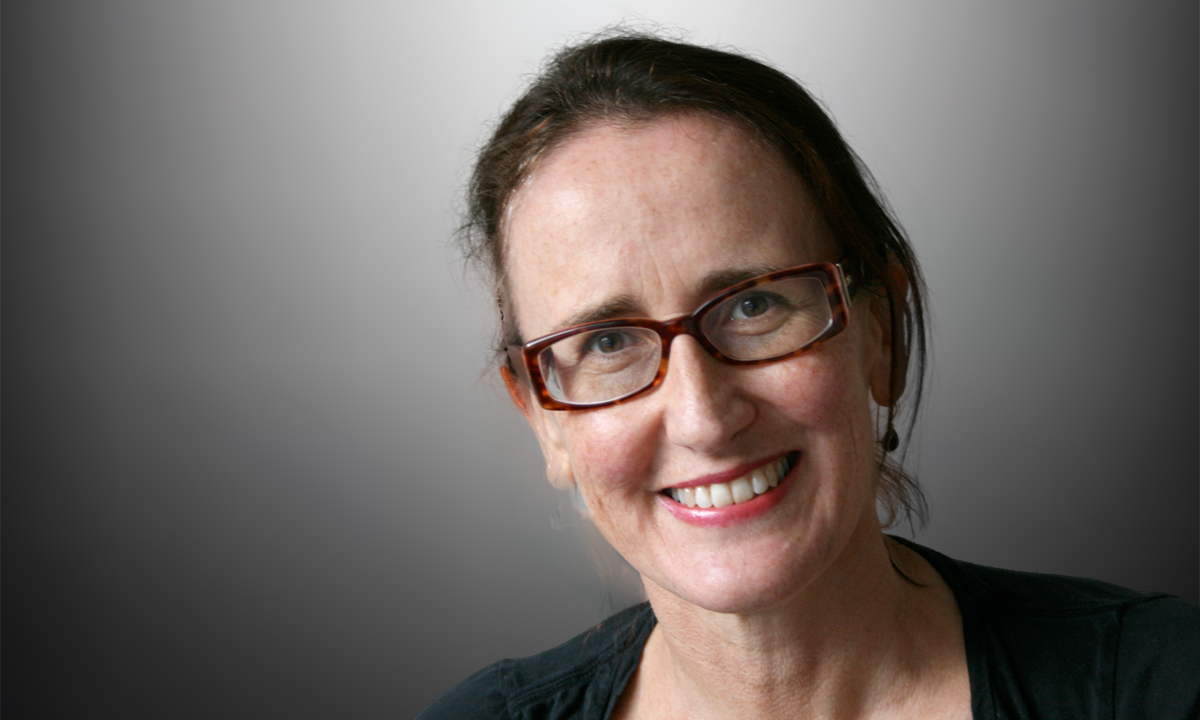A FRIEND told me recently about the experience of accompanying her elderly mother to a medical appointment.
My friend was taken aback that the doctor repeatedly directed his questions to her rather than her mother, who has several medical issues, none of them cognitive.
“How is she sleeping?” the doctor asked.
“I don’t know,” my friend said. “Mum, how are you sleeping?”
The doctor did not get the hint, continuing to direct his questions at the younger woman.
Maybe that’s an extreme example, though I’ve written before about the plastic surgeon who examined my own grandmother’s broken nose and, without having introduced himself to the patient, turned to a colleague to say, “It wouldn’t be worth operating”.
My grandmother, bless her heart, did not take this lying down. She definitely won that encounter.
The temptation to infantilise older people is ever with us. I have no doubt I’ve been guilty of it myself.
It’s worth asking how we might all shift to a default assumption of competence and autonomy in older people, rather than one of dependency.
Weill Cornell Medicine in New York has come up with some interesting strategies designed to shift attitudes in future doctors, including requiring students to navigate the hospital in a wheelchair as they perform assigned tasks.
A key aspect of the medical school’s geriatrics curriculum involves students learning from older people during encounters designed to challenge preconceptions.
The New York Times recently reported on one such session with 82-year-old Elizabeth Shepherd, a working actor and teacher.
Ms Shepherd spoke about not just her macular degeneration and recent fall in the subway, but also her past – and present – sex life.
After raising a son born “out of wedlock” in the 1960s and divorcing twice, she had “emigrated to Lesbianland for a little while” in her 50s, she told the awestruck students.
She had since returned to heterosexual relationships, she continued, but her sex life was less active than she’d like as her 65-year-old partner was currently in Afghanistan.
There’s nothing like a bit of stereotype-busting to get you thinking.
Dr Ronald Adelman, co-chief of geriatrics at Weill Cornell, told the Times he developed the anti-ageism program after realising medical students had a distorted view of older people.
“Unfortunately, most education takes place within the hospital,” he said. “If you’re only seeing the hospitalized elderly, you’re seeing the debilitated, the physically deteriorating, the demented. It’s easy to pick up ageist stereotypes.”
Australian researchers earlier this year looked at how best to measure medical students’ attitudes to older patients.
Ageist attitudes were “ubiquitous in the healthcare sector”, they wrote, with negative outcomes including reluctance to take on older patients, reduced provision of information, and offering a narrower range of treatment options.
“To ameliorate such ageism, fostering development of positive attitudes towards older people during medical training must be a fundamental outcome of medical curricula,” wrote the authors from the University of Sydney and the University of Wollongong.
Despite initiatives such as the Weill Cornell program, that may not always be happening.
A recent longitudinal study of US medical students’ attitudes to older people, for example, found these actually became more negative over the course of the students’ degree.
There’s no simple fix for prejudice, but bringing more people like Elizabeth Shepherd into the classroom couldn’t hurt.
Jane McCredie is a health and science writer and editor based in Sydney.
The statements or opinions expressed in this article reflect the views of the authors and do not represent the official policy of the AMA, the MJA or MJA InSight unless that is so stated.

 more_vert
more_vert
I agree with Leviathan about reasons a younger relative or friend may accompany an elderly person to a GP consultation. I have done this for my own mother-in-law and the GP did address questions and advice directly to her. However, she was hard of hearing and often just mumbled in a positive way to questions she had not heard properly. It was important for me to be there to ensure she actually heard what the doctor was asking/saying. So it can go the other way – the younger person needing to be there to interpret and make sure the patient actually understands what is being said.
Great article Jane.
“anonymous” #2 does not sound like a clinician, or if so, not a very experienced one.
There are many reasons why an elderly person brings an adult child or younger relative to a consultation:
1. They may be unable to drive themselves. I still sometimes see elderly people, especially women, who have never held a driver’s license.
2. They may wish to have a witness present, in case they miss something important. Many patients apologise to me for bringing their younger relative in, but say they want the extra ears.
3. They may wish to discuss the matters as a family afterwards.
I certainly ask for and encourage the attending person in to the consultation. There is nothing more annoying than “Thank you, would you now explain that to my daughter who is in the waiting room?” – so I always ask them in. In my field, there are no “sensitive” areas to consider.
If a clinician mistakenly assumes that the patient is incapable of participating in an interview without giving them the chance, that’s just basic bad medicine. Our primary roles as clinicians are to be effective communicators.
Perhaps if you don’t want your relative infantilised, don’t accompany them to an appointment and sit in on the consultation. Simple. I think it is your “friend” that is the problem.
A good reply to “how is she sleeping?” would be “I don’t know. Why don’t you ask her?”
Exactly the same applies when accompanying a person with a disability to a medical appointment.